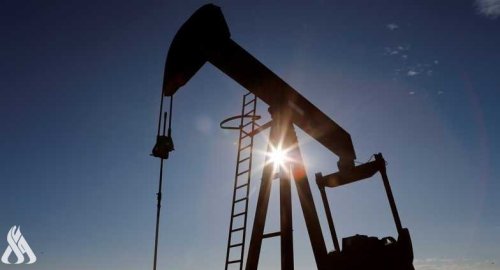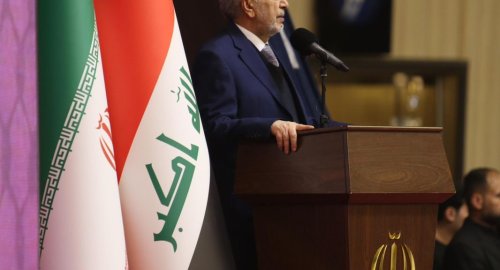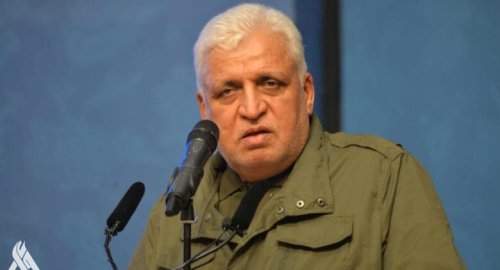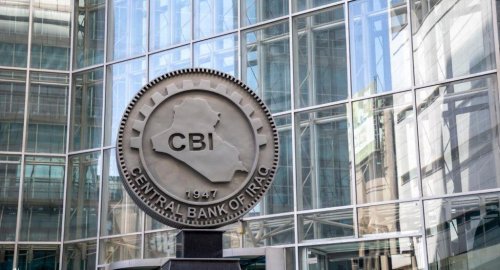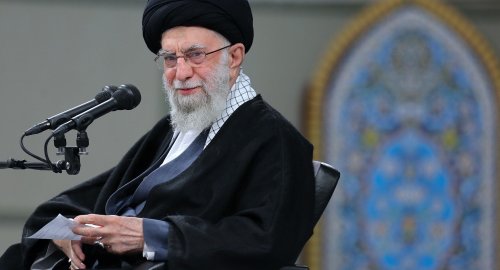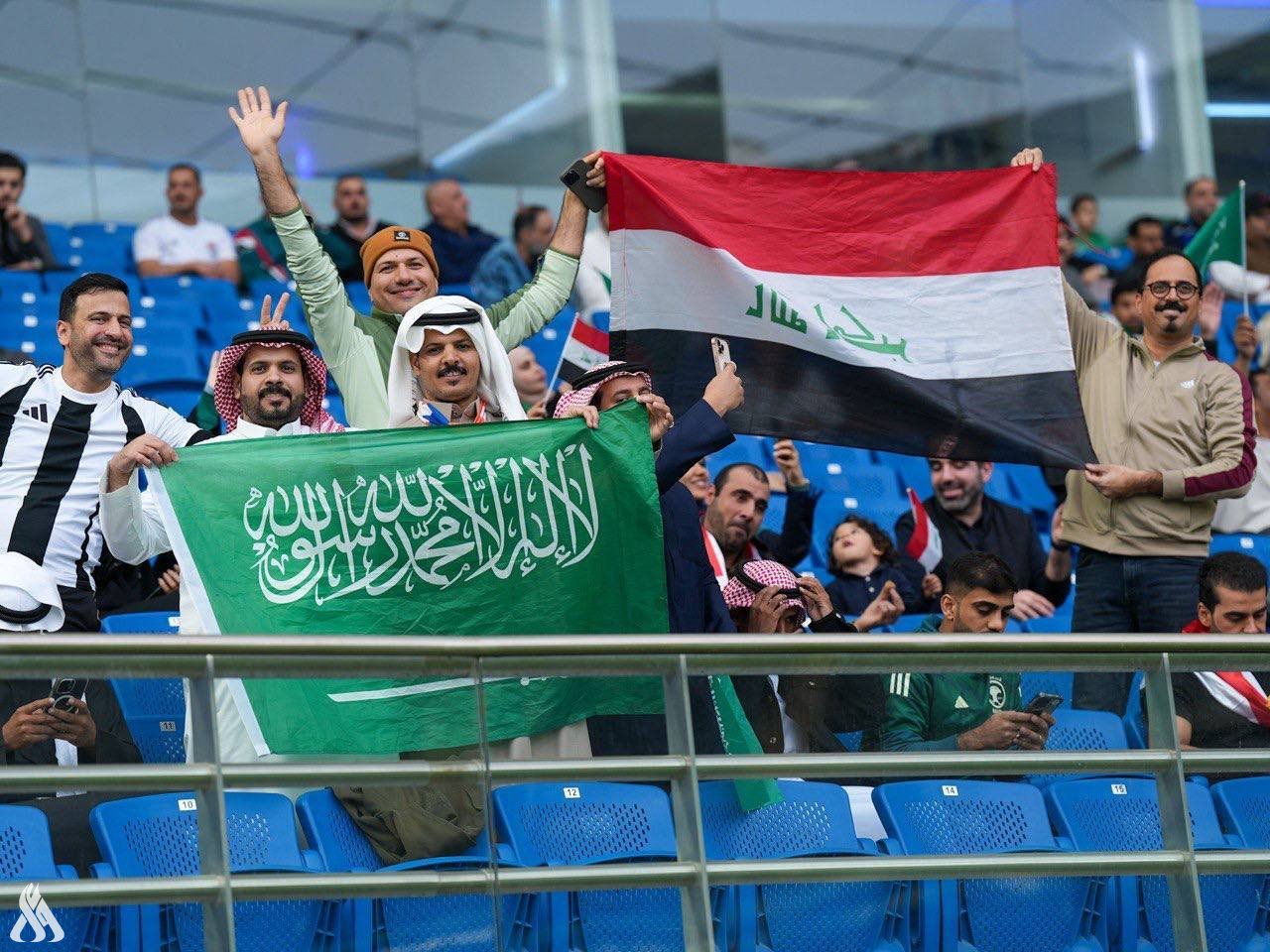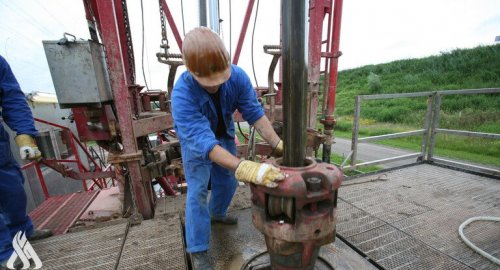
Oil rises to highest in 2023 on tight supply expectations

- 15-09-2023, 11:10
INA- SOURCES
Oil prices climbed on Thursday to their highest this year, as expectations of tighter supply outweighed worries about weaker economic growth and rising U.S. crude inventories.
Brent crude rose $1.82, or 1.98%, to settle at $93.70, after touching $93.89, its highest since November 2022.
U.S. West Texas Intermediate crude (WTI) gained $1.64, or 1.85%, to $90.16, closing above $90 for the first time since November.
On Wednesday, the International Energy Agency said Saudi Arabia and Russia's extended oil output cuts will result in a market deficit through the fourth quarter. Prices briefly pulled back on a bearish U.S. inventories report before resuming their climb.
"That this genuinely bearish stock report only led to a brief temptation to sell speaks volumes and underlines the market mentality," said Tamas Varga of oil broker PVM.
Both benchmarks remained in technically overbought territory.
Hedge funds have been buying crude oil futures for the past two or three weeks as "fundamentals continue to get stronger, driven mostly by heavy demand for both gasoline and diesel," said Dennis Kissler, senior vice president of trading at BOK Financial.
A day before the IEA report, the Organization of the Petroleum Exporting Countries (OPEC) issued updated forecasts of solid demand and also pointed to a 2023 supply deficit if production cuts are maintained.
"The market is getting increasingly nervous about the sufficiency of supply," said John Kilduff, partner at Again Capital.
"Russia and Saudi are acting in a way that could materially constrain supplies as we get into the peak northern hemisphere demand season, for the winter period," Kilduff added.
The European Central Bank raised its key interest rate to a record peak but signalled this was likely its final move to tame inflation.
Investors see a 97% likelihood the U.S. Federal Reserve will hold interest rates steady in its next meeting on Sept. 20, according to the CME FedWatch Tool.
Meanwhile, China's central bank said it would cut the amount of cash that banks must hold as reserves for the second time this year to boost liquidity and support the country's economic recovery.
China is the world's second-largest oil consumer and its economic recovery has remained choppy, worrying markets about demand.
SOURCE: Reuters
Iraq vs Saudi Arabia match kicks off, Arabian Gulf Cup 26
- Sport
- 24/12/28
Real Madrid becomes Arnold's new home
- Sport
- 24/12/28
Globe Soccer Awards 2024: all the nominees
- Sport
- 24/12/27
Oman wins over Saudi Arabia to reach Gulf Cup 26 final
- Sport
- 24/12/31


